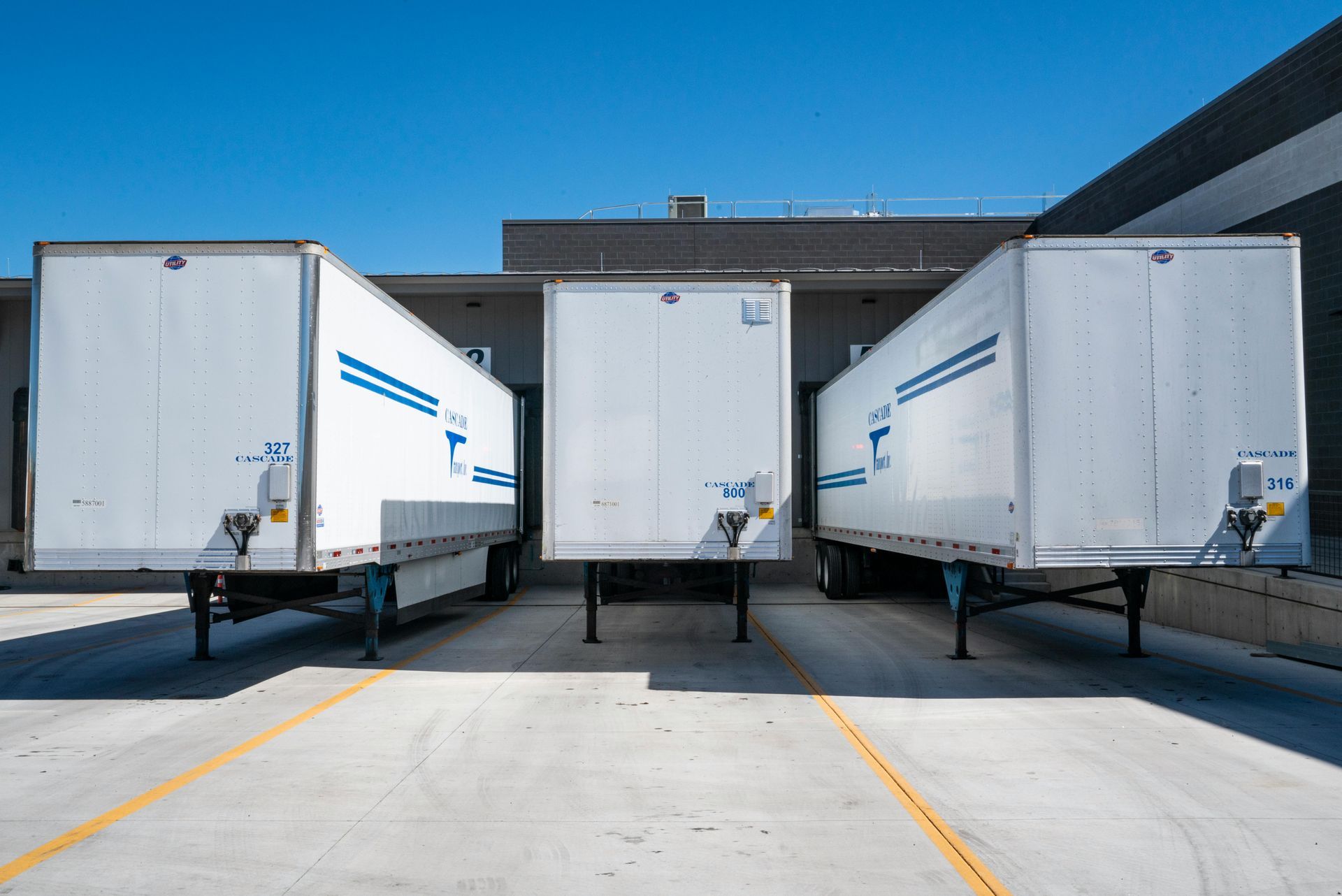Is Working From Home Here To Stay?

In speaking with my HR network, it’s apparent that this health crisis has forced the hand of many employers to roll out WFH arrangements which for some has been for so long resisted.
It’s no surprise that forward thinking employers of choice have adopted these flexible work practices for some time now. Why has it taken a pandemic for us to benchmark them?
This new normal will certainly require a shift in culture for the more traditional employers. Jan Jackson HR Professional says, ‘my challenge was to encourage business owners to manage differently – not to focus on when people were in the office or at their desks, rather to focus on what they were expected to deliver. Hopefully we will see more of that mind-shift in others. People had to make it work now and it seems to have delivered results. So, with better planning the outcome would be even better.’
Let’s look at how forced lockdown has helped shine a light on some of the benefits of a remote workforce.
- Less travel and expenses – more disposable income for employees and less overheads for employers
- Increased safety, removing the risks from travelling with a positive impact on the environment
- Less spread of Flu through the office in-turn less sick leave
- Increased productivity away from office distractions
- Widening the talent pool by opening job opportunities to regional candidates
- Technology being used to its full potential with automation driving business efficiency
- Increased engagement and connectivity globally
Here’s what some of my HR network had to say;
Juliane Scuteri – Coordinator Payroll & Talent Management at City of Canterbury Bankstown said, ‘WFH gives the ability to engage with talent remotely as you can work from anywhere in Australia and still be part of the team. I think it has opened the eyes in Local Government of moving to more automation and allowing employees to work remotely with better work-life balance, enabling staff members to live a healthier lifestyle with more flexibility to work around family.’
Sarah Taylor Employee Experience Specialist at Penrith City Council said, ‘I think flexibility will be front of mind for job seekers and employers. I think resilience and adaptability will be important skills that we will look for and continue to develop in our people, as well as independent decision making.’
Amanda Rice Talent Sourcing Manager APAC at James Hardie Building Products, ‘Businesses will be looking at skill gaps in their teams and upskilling their employees and investing in systems and software to drive automation and to drive self sufficiency on the other side of COVID-19. HR is driving engagement like they never have before looking at new ways with the use of tools such as Microsoft Teams, Zoom and Webex to assist with team cohesion and the feeling of togetherness across the business globally.’
‘I believe the landscape of a traditional office will have changed forever. For many businesses, the excuse that you need to be in the office to get the job done has been completely eroded in the current environment. This will open up the location bases for where roles are sourced (country or even world wide rather than restricted to a certain city) and how teams interact into the future.’ Said
Susannah Mclean HR Professional, Snowy Hydro Limited.
HR professionals are certainly at the front line creating this new landscape and they all seem to be chanting the benefits.
The practice of recruitment will change dramatically when we are looking at a remote workforce. This means our candidate pool widening across regions, less travel time opens up flexibility of working hours, removing travel costs from salary negotiations. With so many employers now on the WFH bandwagon, I wonder how companies that don’t follow the trend will compete for top talent? In particular if WFH becomes the expectation in the marketplace.
I’m keen to see how this new workforce will look by 2021. We have entered new territory and what we thought were temporary adjustments now appear to be how we do business from now on. The term business as usual seems to be one of the casualties of Covid-19 and I’m jumping on team new normal. If this is being defined as a safer, happier, healthier, more efficient and productive workforce, perhaps this is what they call the silver lining.
#wfh #newnorm #lovewhereyouwork #workfromanywhere












